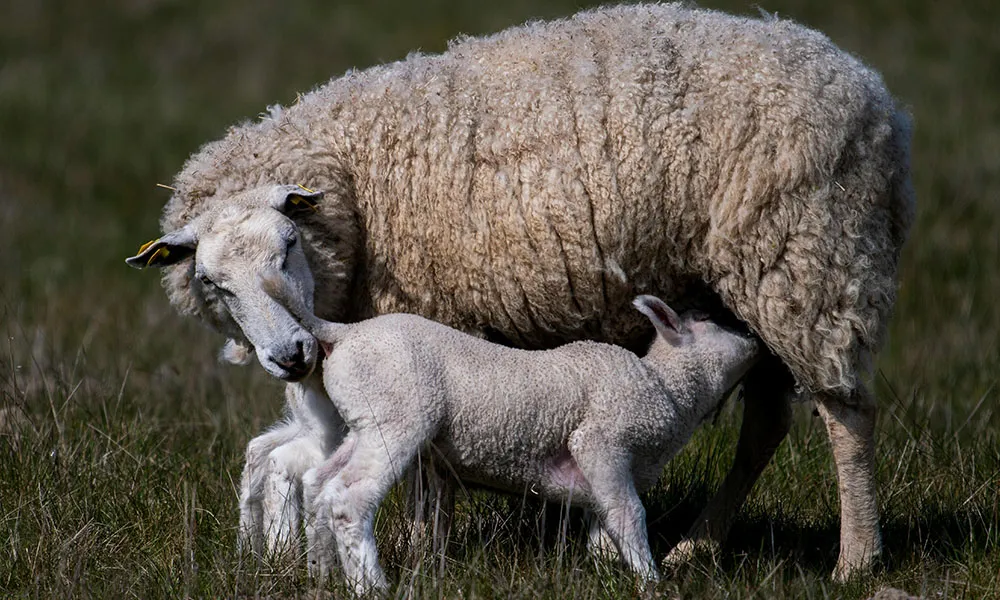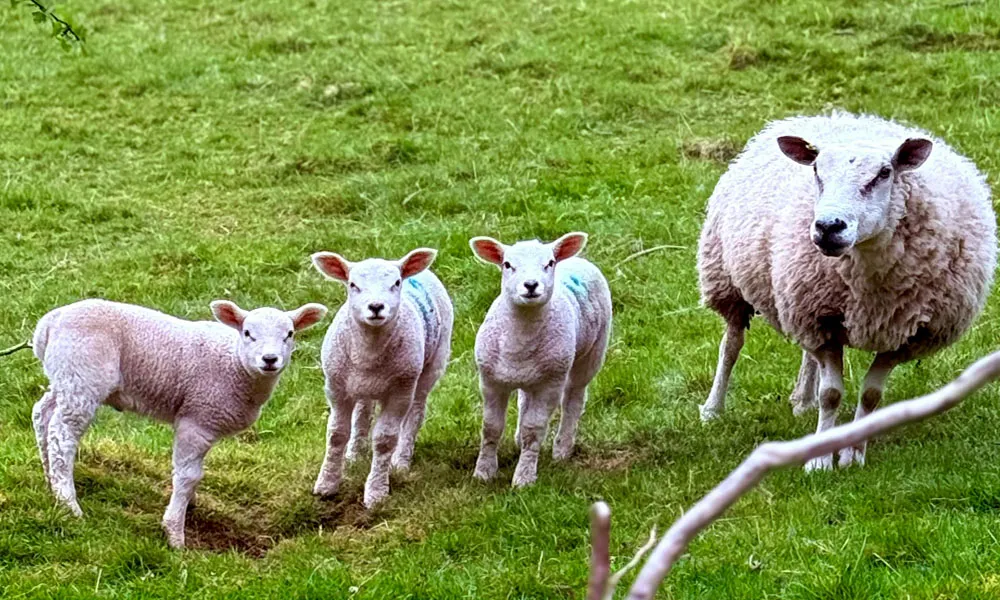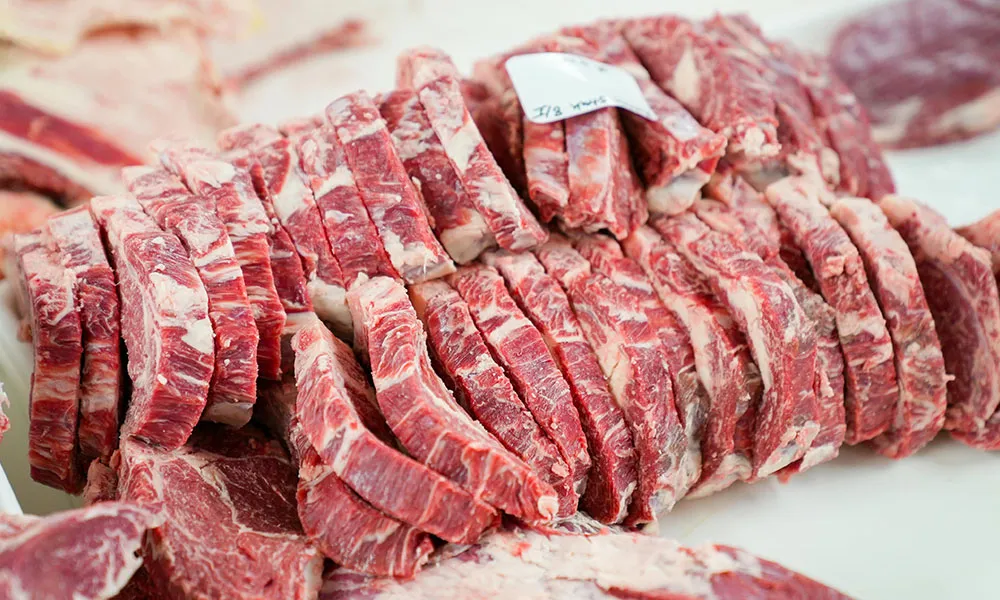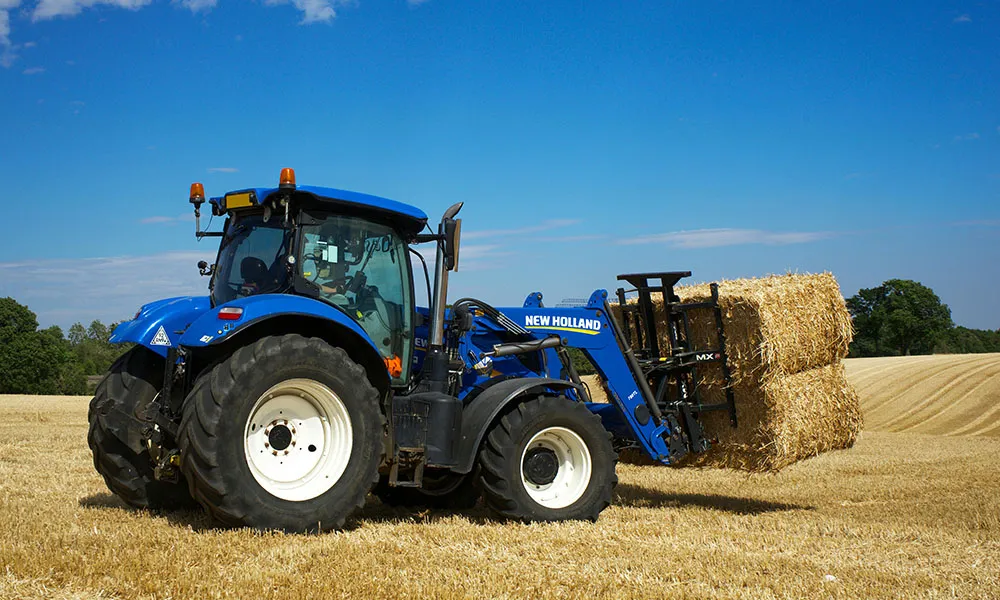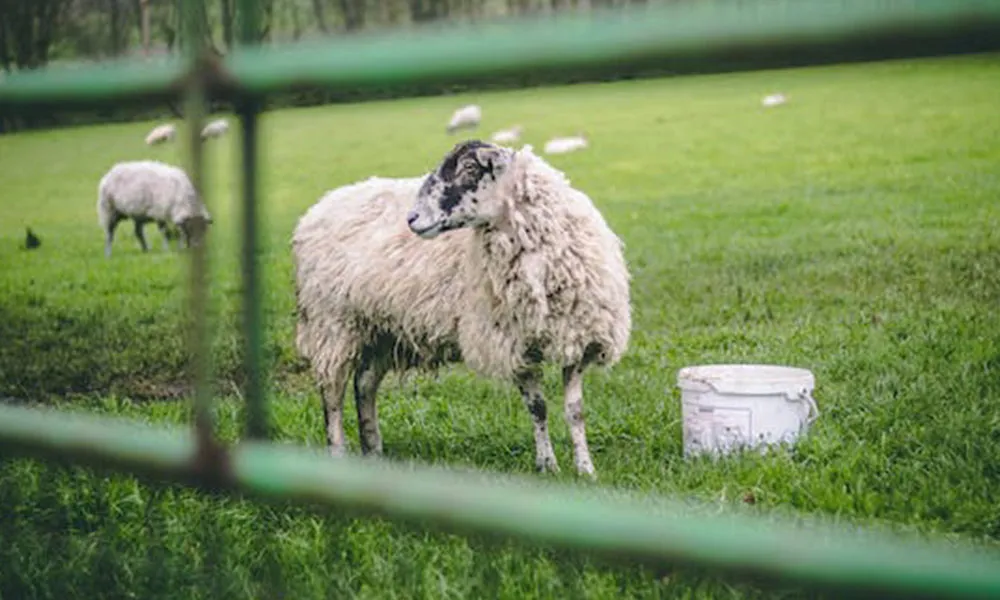
September and the countdown to tupping
While farmers in some parts of the country have already put their ewes to the ram, most of us regard September as the traditional beginning of the countdown to tupping season. We should use the few weeks prior to the start of tupping to ensure that our flock is healthy, fertile and ready for breeding.
By taking some relatively simple and inexpensive flock management measures now, we can expect to greatly enhance prospects for the year ahead. Strong, healthy ewes are far more likely to bear strong, healthy lambs in greater numbers. This in turn will serve to maximize outputs and farm revenue come next spring and summer.
Vaccination and Drenching: are they necessary before breeding?
This is a question that farmers ask regularly, and the answer is an emphatic maybe. Most flocks will not need to be vaccinated prior to tupping season. However, if your flock has a history of toxoplasma and enzootic abortion, you may wish to consider vaccination against these four to six weeks before tupping. Vaccination usually gives the ewe lifelong protection, so ewes previously vaccinated won’t need another shot.
You may also need to drench for fluke and worms, if you have not done so within the last few weeks. Stronger, healthier ewes may not need a dose but weaker, frailer looking animals that are struggling to make an acceptable body condition score (see below) may need to be dosed again.
It is no harm to get a faecal egg count done before dosing, as this will give you a fair idea of whether the whole flock needs treatment for parasites. It is best to avoid routine dosing, given the problems currently arising from anthelminthic resistance on Irish farms. Always read the manufacturer’s instructions carefully and administer according to the recommendations for the animal’s size.
Trace Element Deficiency
It is essential that ewes have an ample provision of all the vitamins, minerals and trace elements they need to conceive and carry a lamb. Selenium plays a particularly important role in conception. Remember that conception and pregnancy place enormous strain on the ewe’s stores of these elements. By running a blood test on the flock in the weeks prior to tupping, you can identify any potential deficiencies and treat accordingly.
Personally, I find Breeding Ewe to be an excellent supplement. We have been administering it on our farm 4-6 weeks before tupping for a few years now, and have not had an animal present with trace element deficiencies in that time.
Breeding Ewe contains trace elements Iodine, Manganese, Zinc, Selenium and Cobalt, meaning that it is capable of addressing all of the deficiencies that ewes might be suffering from. It is also relatively inexpensive, meaning that you will get a good return on the investment.
Flushing
As mentioned above, you want your ewes to go into the tupping season with a healthy body condition score. Generally, 2.5 is an acceptable score for hill ewes, but lowland ewes may have a score as high as 3.5. To ensure that ewes have a good body condition score, you should flush them about three weeks before putting the ram in. Flushing entails putting the ewes on good quality pasture to increase their rate of ovulation.
Udder Test
Ideally, you will have culled your flock of older and weaker ewes well ahead of tupping season. However, you may also wish to do a last-minute udder check before putting the ram with the flock. If a ewe presents with a lumpy or hard udder, she may have infection at the site and should not be bred again. Similarly, ewes with slack udders or overlarge teats should not go to the ram, as they may be at greater risk of mastitis.





